I picked up a six-pack of Wanderland nectarine ale from Sierra Nevada, on a recent trip to the Grocery Outlet. It’s a German-style Kölsch made with nectarines that are grown near their brewery in Mills River, North Carolina. At this time of the year I’d normally be drinking wintry ales and barrel-aged beers but things are different this winter. I really like this beer and think it’s perfect for an afternoon outdoor gathering – the only kind of gatherings happening for most of us at the moment.
Wanderland breaks the mold of this style of fruity beer, with 7.5% alcohol and dry-hopped with lupulin, for some hoppy citrus without the astringency. It just became available in Jan, 2021, and so far has accumulated a pretty good score of 84 on Beer Advocate. A six-pack of Wanderland Ale cost $8.99 at the Grocery Outlet, compared to a regular price of $11.99 at BevMo. As I mentioned in my post on Deschutes Obsidian Stout, beer isn’t sold a massive discount at the Grocery Outlet, but prices are usually a little cheaper than other stores. The selection of beer at the Grocery Outlet is also becoming more interesting – and more current too, with Wanderland released by Sierra Nevada only last month. It’s vegan, by the way.
Sustainability in brewing
Over on the Green Stars Project I’ve written about sustainability of your local pub, featuring examples like Sierra Nevada’s taproom in Berkeley, Torpedo Room. Going out for a pint of draft beer is one of the best ways to reduce your impact since packaging is reduced to a minimum. Getting a growler of beer to go is probably the next best thing, assuming you reuse the growler several times. Sadly, the Torpedo Room is closed due to Covid-19, but do check it out when it opens again, if you find yourself in the Bay Area. They have some impressive beers on tap. Meanwhile Sierra’s taprooms in Chico, CA, or Mills River, NC, are open for business.
Anyway, the main things to look out for if you’re searching for a sustainable beer are commitments to a low-waste footprint and efficiency in the brewery (water, energy, etc.). Check out the post on Deschutes Brewery for a comparison to this post – both Deschutes and Sierra Nevada are leaders in sustainability among the medium/large breweries. Sierra Nevada, in particular, was a major influence in the emergence of the craft brewing industry and has been a sustainability leader since the 1980s. More detail in the ethical review, coming right up!
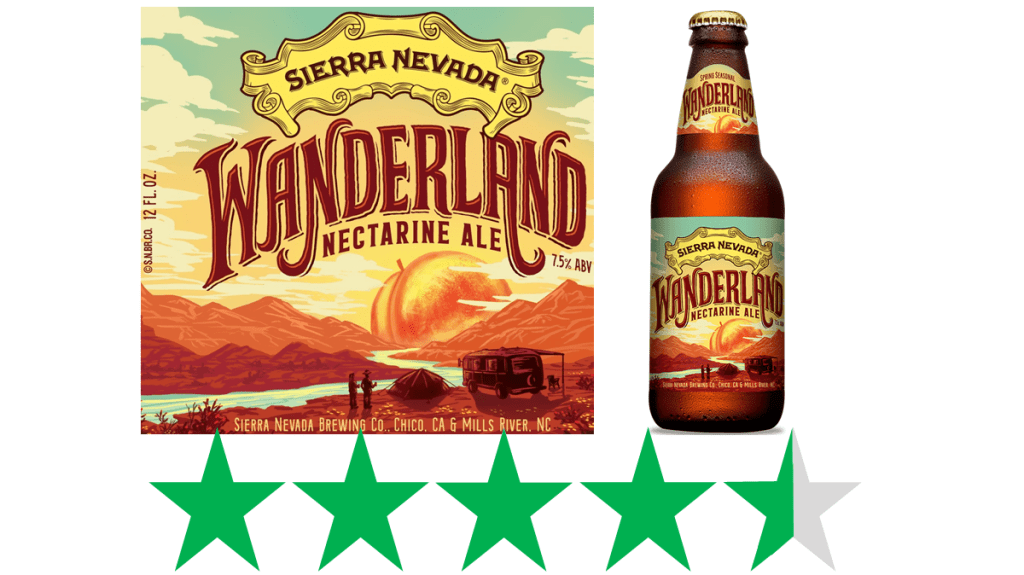
Ethical rating for Sierra Nevada Wanderland ale
Here’s a summary of how I feel about the social and environmental impact of Sierra Nevada Wanderland nectarine ale, which I’m scoring 4.5/5 Green Stars.
- Sierra Nevada’s main brewery in Chico, California, was listed as a platinum level Zero Waste Facility all the way back in 2013 – 99.8% of their brewery waste is diverted from landfill. Waste is fed to their state of the art composter and the compost is used on their estate fields.
- Going back over three decades, Sierra Nevada has set the bar on sustainability – not just among breweries but for companies in general. Their sustainability map gives a nice overview of how this is applied at the brewery.
- Sierra Nevada Brewing doesn’t generate all of its energy needs on site yet but has made good strides towards this goal with solar panels, fuel cells, and microturbines. The fuel cells and microturbines are powered by biogas generated by treating their wastewater in anaerobic digesters.
- The carbon dioxide that’s generated during brewing is collected and reused for packaging beer. Most breweries release the CO2 into the atmosphere and then purchase more for packaging the beer.
- Sierra has multiple programs for conserving water such as rainwater collection at its Mills River brewery.
- They’ve also addressed packaging, with high recycled content – and recyclability of course.
- In Chico, Sierra built its own rail spur to reduce trucking miles.
- They usually don’t use organic grains or hops though (except for their estate ale), something that Bison in Berkeley and a few others are doing. Organic beers seem to be slow to catch on because they are expensive to make (and for hops there are yield issues) – New Belgium, another great sustainable brewery, withdrew its organic Mothership Wit beer due to lack of demand.
- To fill the gap here, Sierra could share more about sourcing of barley and hops (farming practices employed).
- They had a “Farm with Your Brewer” program to encourage farmers to use sustainable practices (no-till; dry farming; minimization of fertilizer and pesticide) but I’m not sure if it’s still in practice.
- Sierra makes biodiesel from used fryer oil from the Brewery restaurants.
- Sierra’s east coast brewery in Mills River, NC, became the first brewery in the US to achieve LEED Platinum status (LEED = Leadership in Energy and Environmental Design).
Summary scores (out of 5) for Sierra’s Wanderland nectarine ale:
- 4.5 gold stars for quality and value
- 4.5 green stars for social and environmental impact
If you have a different opinion, please share your rating! Until next time, stay safe : )

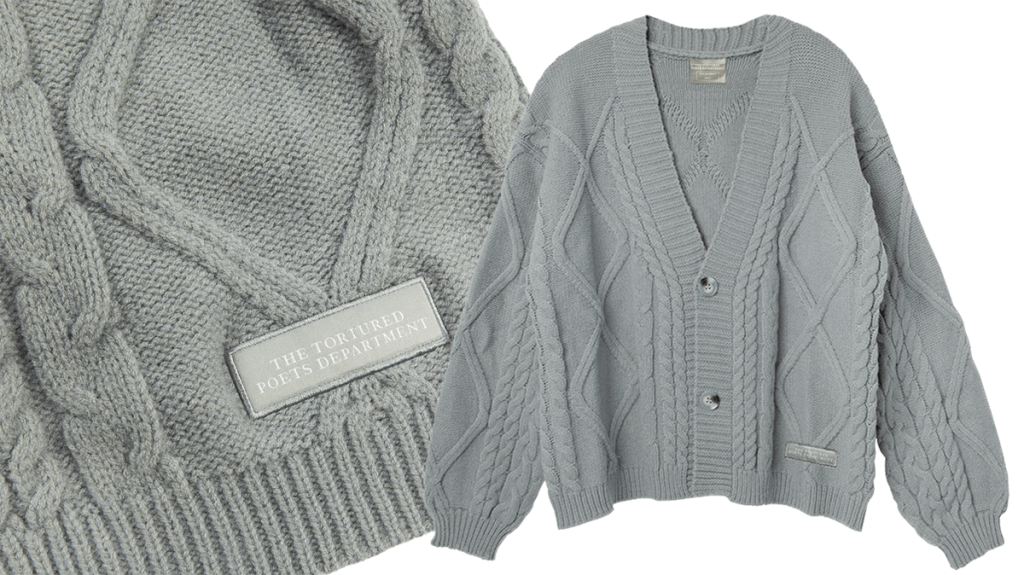
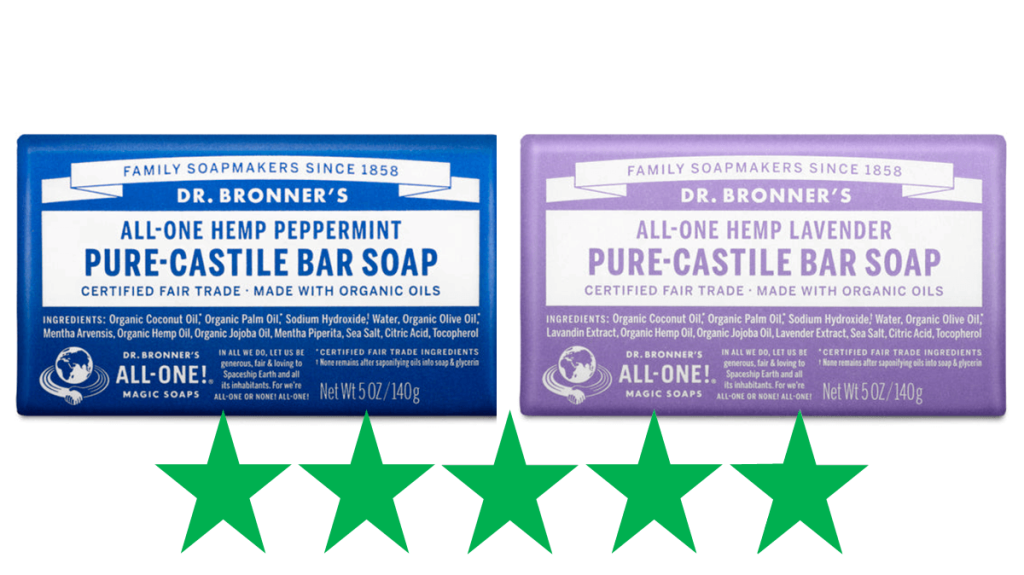
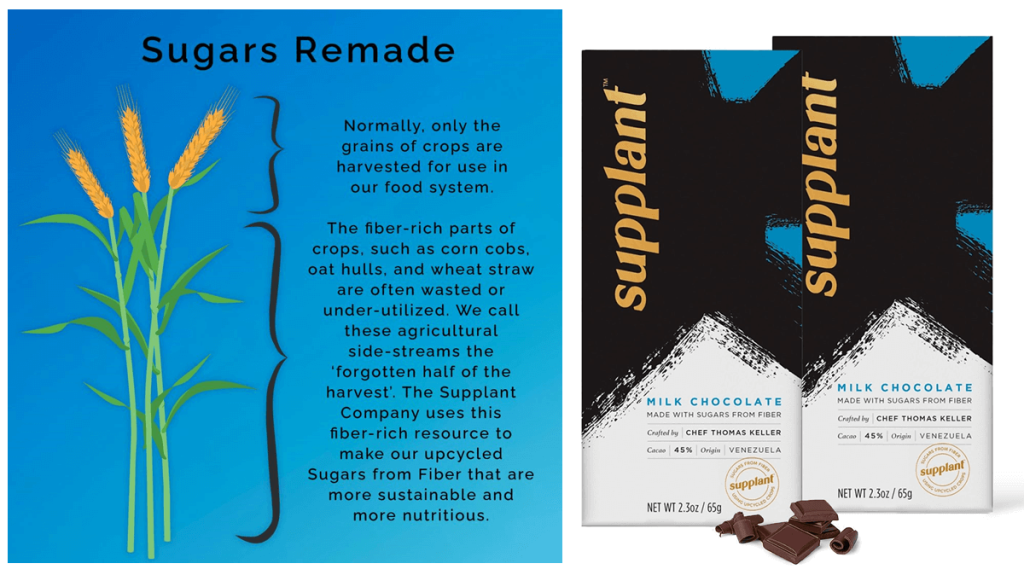
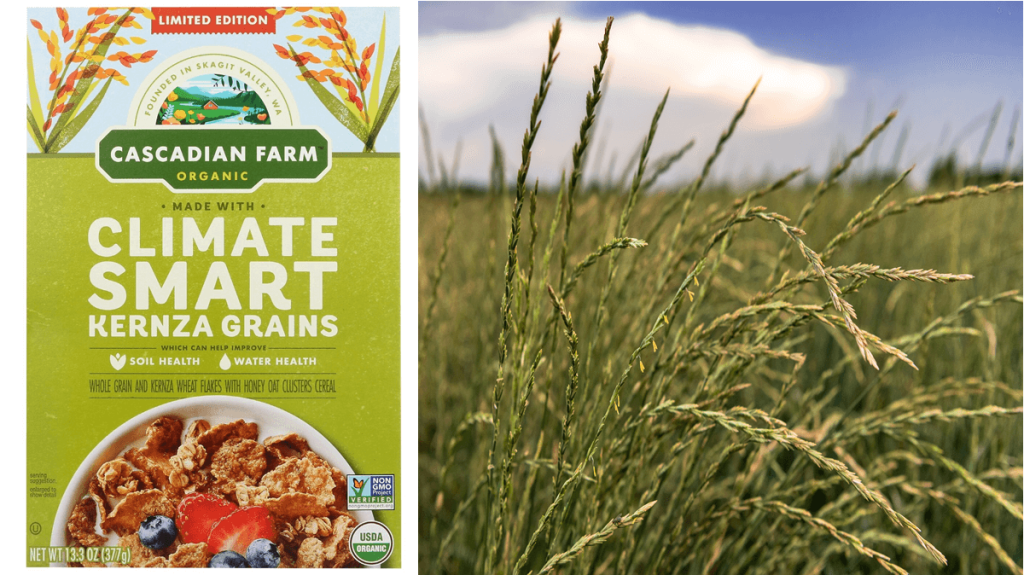
Leave a comment